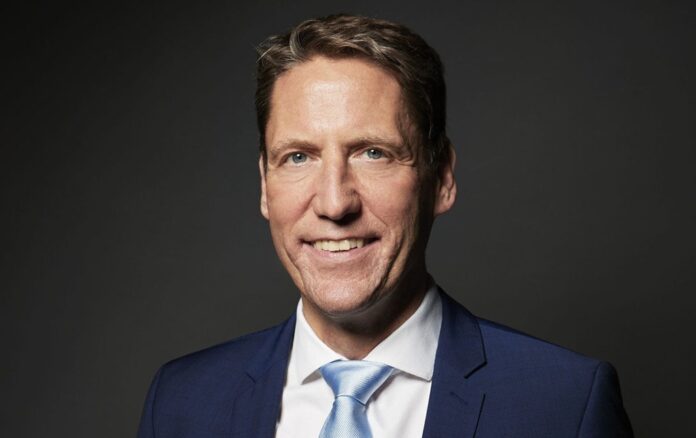Bathroom solutions provider Grohe has taken upon itself to develop intelligent technologies that enable people to use water consciously and sustainably. In a press statement the company, which is part of Lixil Group, has stated that it endorses World Water Day’s motto ‘Leaving no one behind – water and sanitation for everyone’, adding that availability and sustainable management of water is an integral part of Grohe’s sustainability goals.
“Grohe’s goal is to design and manufacture products that enable users to safely and responsibly use the resources of water and energy. Besides, we are constantly striving to conserve resources within and beyond our operations,” remarks Thomas Fuhr, executive director operations at Grohe and responsible for sustainability at board level. He states that Grohe offers customers the opportunity to make conscious decisions about their daily use of the precious resource by applying digitised product properties.
Grohe’s intelligent water security system – Grohe Sense and Sense Guard – allows water consumption of a house or apartment to be precisely tracked, and customers with an input of their water and energy prices can receive a precise statement of their costs. This ensures not only full control of the valuable resource of water, but also offers the opportunity to adapt user patterns and to use water more consciously.
The company also offers its customers innovative water systems for a sustainable water experience without plastic. It claims that with Grohe Blue Homes, a family of four can avoid an average of 600 plastic bottles per year, thus benefitting the environment. It cites the Carbon Footprint Study conducted by Georg-August-University, Göttingen, Germany on Grohe Blue (2013) to claim that CO2 consumption is reduced by approximately 61% compared to bottled water and there is less plastic and packaging waste. Also, its Blue Pure filter faucets provide safe drinking water from the tap. “The Ultrasafe version eliminates chlorine, biocides, pesticides and bacteria, making water that was not drinkable in regions with poor water quality now safe to drink,” the communiqué reads.


